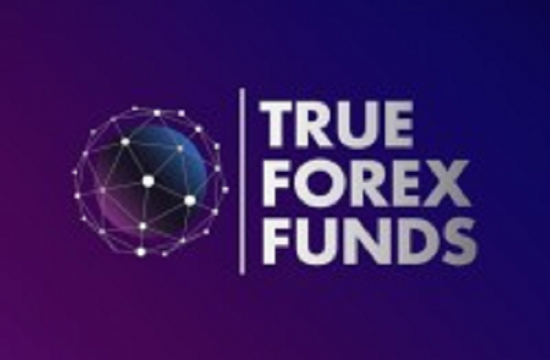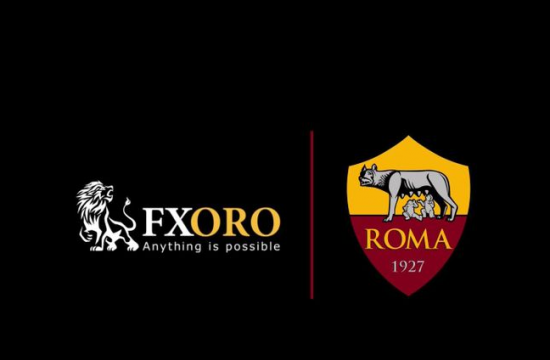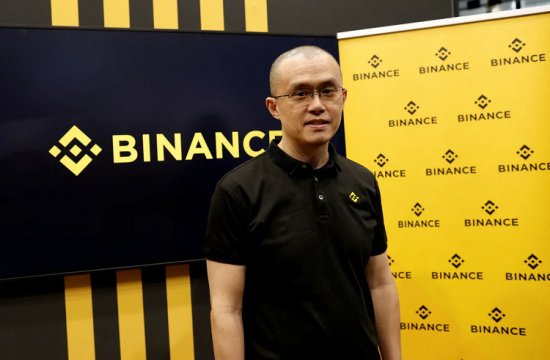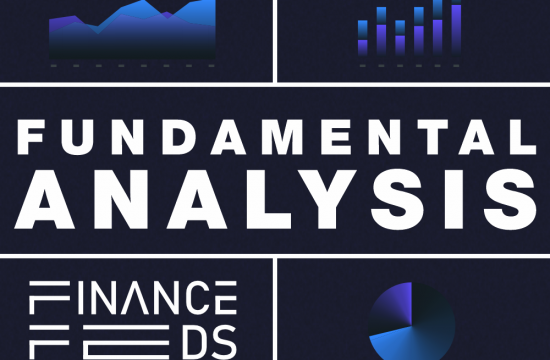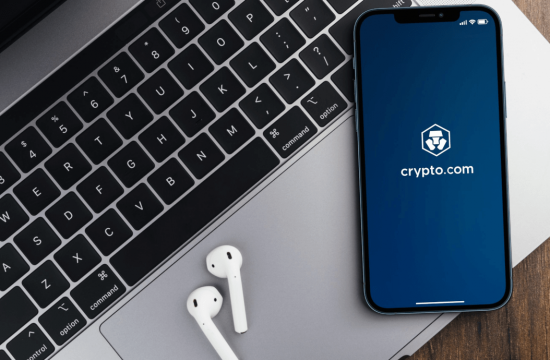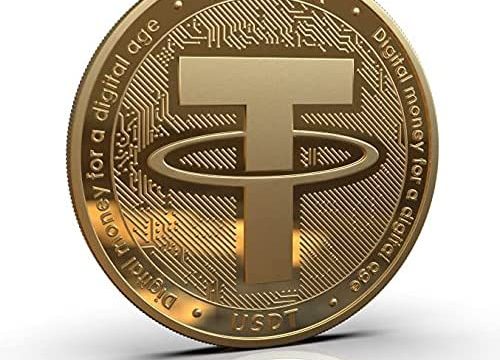iProov’s Genuine Presence Assurance allows firms to confirm the identity of online customers to securely enroll new accounts, authenticate transactions, and perform identity recovery, all against the backdrop of the ever-growing threat of cybercrime and online fraud.
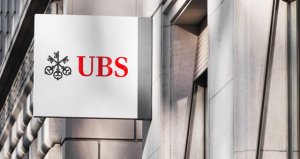
Banking industry giant UBS has partnered with KYC specialist iProov to offer automated identity checks to UBS key4 credit cards.
iProov features face verification technology that allows customers to onboard online 24/7 in just five minutes and enroll onto the service simply by scanning their face against a trusted government-issued document, such as a passport with an NFC chip.
iProov reduces firms’ manual work when onboarding
UBS is the first bank in Switzerland to offer this process for account opening in combination with qualified electronic signatures.
Prior to partnering with iProov, the bank was using video calls to verify client identity. Downsides to this method include being employee resource intensive and restricting when and where new customers can enroll.
iProov’s Genuine Presence Assurance allows firms to confirm the identity of online customers to securely enroll new accounts, authenticate transactions, and perform identity recovery, all against the backdrop of the ever-growing threat of cybercrime and online fraud.
UBS went live with CLSNet
UBS has recently gone live with CLSNet, the bilateral payment netting calculation service for over 120 currencies, in order to access matching and legal confirmation for FX products, including same-day trades and NDFs.
The adoption of CLSNet also reinforces FX market participants’ adherence to the FX Global Code, in particular to Principles 35 and 50,1 as all trade instructions sent to CLSNet are automatically validated and matched up to the pre-determined cut-off times between counterparties for each currency.
This means that only matched trade instructions are included in the automated net calculation and provides a single common record of the net payment obligations.
By automating the netting calculation process via a centralized platform, users benefit from greater operational efficiency through substantially enhanced straight-through processing rates as well as increased risk mitigation for currency flows not settling via CLSSettlement.
US operation of UBS fined $2.5 million by FINRA
In the United States, FINRA fined UBS $2.5 million for Reg SHO violations and supervisory failures. The US regulator found that from 2009 to 2018, UBS did not timely close out at least 5,300 failure to deliver positions and routed or executed more than 73,000 short sales in securities with an unsatisfied close-out requirement without first borrowing or arranging to borrow the shares.
Reg SHO addresses persistent failures to deliver and potentially abusive “naked” short selling (the sale of securities that an investor does not own or has not borrowed).
The rule requires firms to take affirmative action to close out “failure to deliver” positions resulting from short sales in equity securities by borrowing or purchasing the securities by the beginning of regular trading hours the day after the settlement date.
Limit orders or other delayed orders do not satisfy the close-out requirement. When a firm does not close out a failure to deliver, the rule prohibits the firm from accepting additional short sale orders in the security without first borrowing or arranging to borrow the security (commonly known as the “penalty box”).



